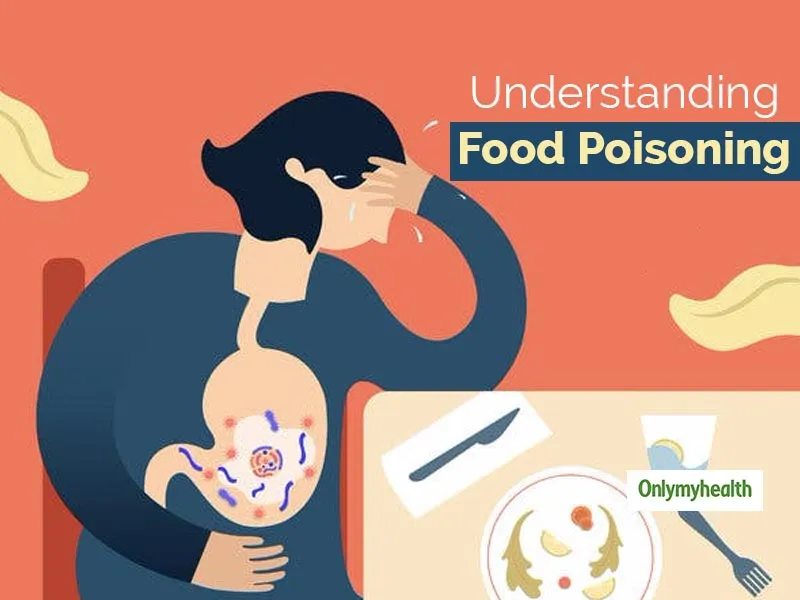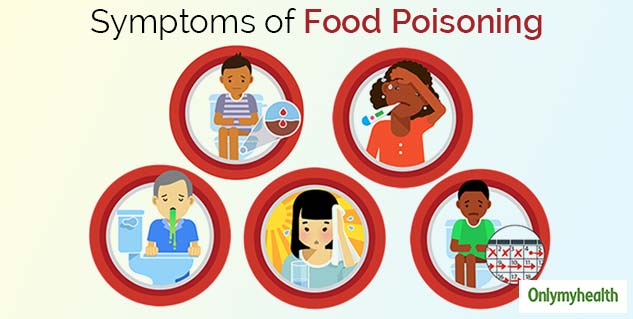
Food poisoning is a result of the ingestion of contaminated food or drinks and is an uncomfortable position to be in. If you didn't know already, bacteria, viruses, parasites, and toxins are typical offenders when it comes to foodborne sickness. Although handling and preparation techniques can go a long way towards preventing risks, some foods present higher risks for harbouring poisonous pathogens.
In an exclusive interaction with the editorial team of Onlymyhealth, our expert, Pooja Singh, Dietician, ShardaCare, Health City - Noida, shared of list of six foods you should handle with care to avoid food poisoning. Here is what she shared with us.
1. Raw or Undercooked Poultry and Meat
Raw or undercooked poultry and meat may contain the dangerous bacteria Salmonella, E. coli, and Listeria. They can induce very serious cases of food poisoning whose symptoms extend from stomach pain to life-threatening conditions. Expert Pooja recommended that it is always necessary to cook meat and poultry to the suggested internal temperatures: poultry to 165°F (74°C), and ground meats to 160°F (71°C).

2. Raw or Undercooked Seafood
Seafood such as raw oysters, clams, and sushi may contain bacteria and viruses such as Vibrio, Norovirus, and Hepatitis A. Raw or undercooked seafood can pose a higher risk of foodborne illness, especially for those with compromised immune systems. Make sure seafood is cooked thoroughly to reduce the risk.
Also Read: When Is The Right Time To Lift Weight For Women? Find Out Here
3. Unpasteurised Dairy Products
Unpasteurised (raw) milk, cheese, and other dairy products may contain harmful bacteria like Listeria, E. coli, and Salmonella. Pasteurisation is a method that kills harmful microbes, thereby making dairy products safe for consumption. Therefore, choose pasteurised dairy products to lower your infection risk.

4. Raw Sprouts
Alfalfa, beans, and other raw sprouts are at risk of being contaminated with bacteria since they are grown in warm, moist conditions that are most favourable for Salmonella and E. coli. It is better to cook the sprouts before consumption, particularly for children, the elderly, and immunocompromised individuals.
5. Pre-cut or Pre-packaged Vegetables and Fruits
Although handy, pre-cut vegetables and fruits are a habitat for bacteria caused by greater handling and exposure. If not sufficiently washed or handled at safe temperatures, these products may harbour Listeria and other pathogenic microbes. Minimise risk by washing produce in-depth and chilling it immediately.
Also Read: Antepartum Depression: How To Recognise The Signs In Pregnant Women
6. Raw or Undercooked Eggs
Raw or undercooked eggs may have Salmonella, a bacterium that causes most foodborne illnesses. Do not eat raw eggs in foods such as homemade mayonnaise, cookie dough, and hollandaise sauce. Scramble or fry eggs until the yolk and white are set to make them safe to eat.
Bottomline
Food poisoning prevention begins with being careful about what you eat and how it is prepared. Proper cooking, washing, and storage can help reduce risks and keep you healthy from dangerous foodborne diseases. When in doubt, choose thoroughly cooked and well-stored food to safeguard your health and well-being.
Read Next
The 4 Stages Of Rheumatoid Arthritis: Expert Explains These Stages, Symptoms, And Management Tips
How we keep this article up to date:
We work with experts and keep a close eye on the latest in health and wellness. Whenever there is a new research or helpful information, we update our articles with accurate and useful advice.
Current Version